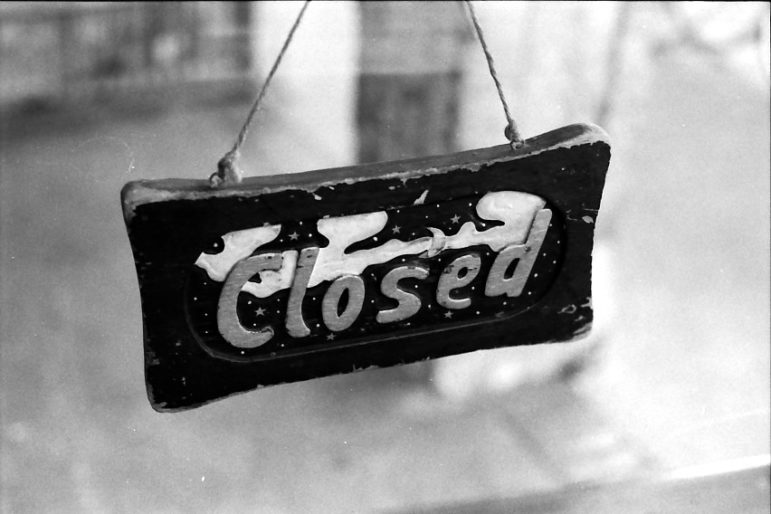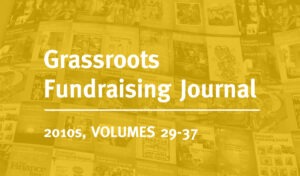
June 19, 2016; Baltimore Sun
According to an article from the Baltimore Sun, it has been over 15 years since Communities Organized for Life (COIL) received a $675,000 renovation grant to house an adult education center near the University of Maryland BioPark. Today, the beautifully renovated building is shuttered, and the Harry and Jeannette Weinberg Foundation that once brought it to life has filed suit against COIL, leaving the Baltimore nonprofit in the midst of a nonprofit nightmare.
The 28,600-square-foot building on Baltimore Street was repaired and remodeled due to the generosity of the Harry and Jeannette Weinberg Foundation. COIL provided nonprofit services at the location up until 2013, when the story takes a bad turn. Leadership decided to list the property on the market as they faced financial challenges. The building sold for just under $1 million and included a “lease back deal” in which the new owners partnered with COIL to open an Urban Business Center that provided incubator space to small for-profit businesses.
Most critical to the filing of the lawsuit, according to representatives of the foundation, the “sweetheart deal” between the new owners and COIL violated the requirements of funding stipulated at time of award. The lawsuit states that COIL and Weinberg had a formal agreement that “the building be used for adult education, that Weinberg be given consent for any sale, and that any proceeds from the sale be limited to charitable purposes.” COIL did not adhere to any of the three requirements. Attorney Anthony Ashton, who spoke on behalf of Weinberg, said, “the foundation has been a part of the community for a long time and wants to make sure that people know that when…it donates money for a particular purpose that it sees it through.”
Sign up for our free newsletters
Subscribe to NPQ's newsletters to have our top stories delivered directly to your inbox.
By signing up, you agree to our privacy policy and terms of use, and to receive messages from NPQ and our partners.
Regardless of circumstances and explanations, this story, called a “Greek Tragedy” by former COIL board member Michael Dannenberg, carries lessons to be shouted from the nonprofit rooftop. Document retention and processes to assure open obligations are both remembered and relayed can be paramount to an organization’s future success. Whether the Weinberg document was filed and forgotten or merely overlooked, it is an important reminder to nonprofits, as board members and leadership are certain to transition.
However, regardless of whether formal agreements are in place, there is another significant lesson to be learned from COIL. In this case, a nonprofit organization, owning a building prominently carrying the name of one of the nation’s largest foundations that had gifted them over half a million dollars, did not first contact the funder to let them know they were in crisis and considering a sale of the property. According to the article, the Weinberg Foundation did not know about the sale and incubator space until after all had been finalized. The foundation had to seek out answers from COIL when they found out that operations at the Weinberg building had changed. Weinberg also reported sending numerous requests to remove the Weinberg name that went unanswered. Lack of communication between nonprofits and major donors is so often the avoidable undercurrent that leads to a permanent divide. It has again resulted in a major cost to a nonprofit and the community that it serves.—Michelle Lemming
Correction: This article has been changed from its initial form. The Harry & Jeanette Weinberg Foundation is not a family foundation, simply a private one. NPQ apologizes for the error.













